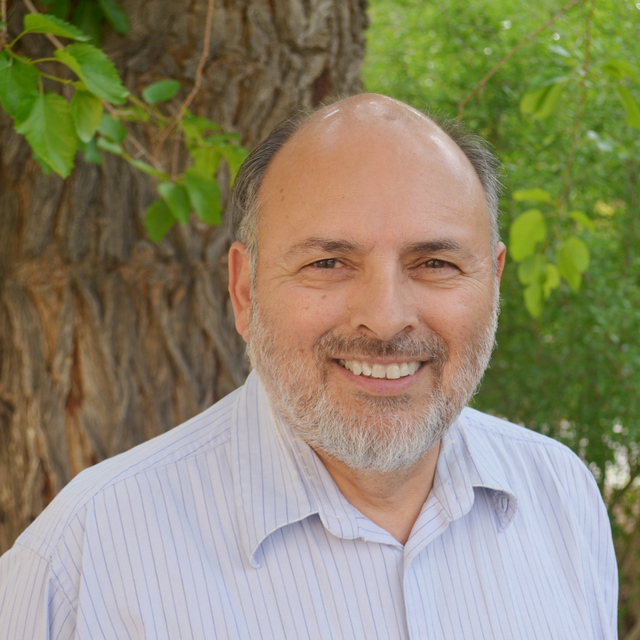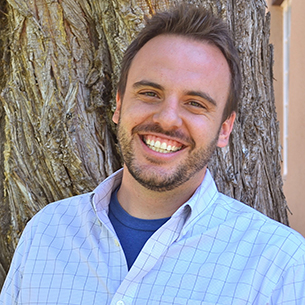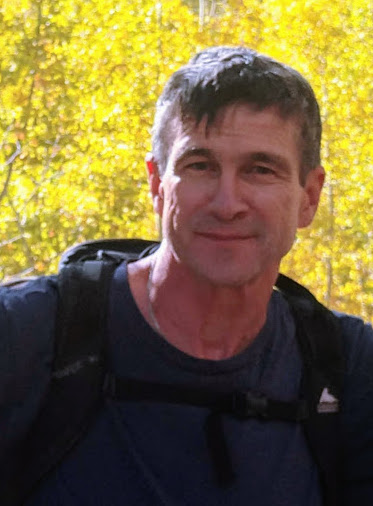Social Movements
Our research area group on social movements includes multiple faculty studying U.S., Latin American, and transnational movements, within the context of the political sociology literature. We offer broad training for graduate students interested movements striving for political, cultural, and/or societal change, with particular depth in the role of culture (including religion) in motivating and sustaining collective action.
Program Details
We educate graduate and undergraduate students to understand the role of movements in creating social and political change (and sometimes opposing it). For undergraduates, this means studying the role movements have played historically and in contemporary society, as well as how they can help advance democracy and social justice in the future. For graduate students, this means gaining advance knowledge of how movements recruit and motivate participants; pursue societal change; draw on culture, social networks, and societal resources to do so; and ultimately create political, legal, and cultural outcomes that shape society’s future and provide the grounds for future democratic struggles. Our graduate students have access to faculty who regularly publish their own research on this terrain, but also happily explore and support student research interests.
In addition to broad training in social theory, qualitative/quantitative research methods, and writing skills offered by the Department, students of social movements can draw from a variety of courses, including:
Undergraduate Courses
- Social Movements
- Community Organizing and the Struggle for Justice
- Environmental Sociology
- Nonviolent Alternatives
- Sociology of Pluralism & Difference
Graduate Courses
- Social & Political Movements*
- Political Culture and Democratic Theory
- Political Sociology
- Knowledge & Power
- Social Inequalities
In preparing for comprehensive exams and writing master’s theses, articles, and doctoral dissertations, graduate students are mentored by faculty in how to draw on existing research and their own interests to frame a research question, design a research project, collect and analyze data, and write convincingly. We encourage rigorous thinking and well-designed research, and welcome such work that strives also to address contemporary societal problems and the challenges facing democratic life.
* Primary course required for comprehensive exams in this area.



